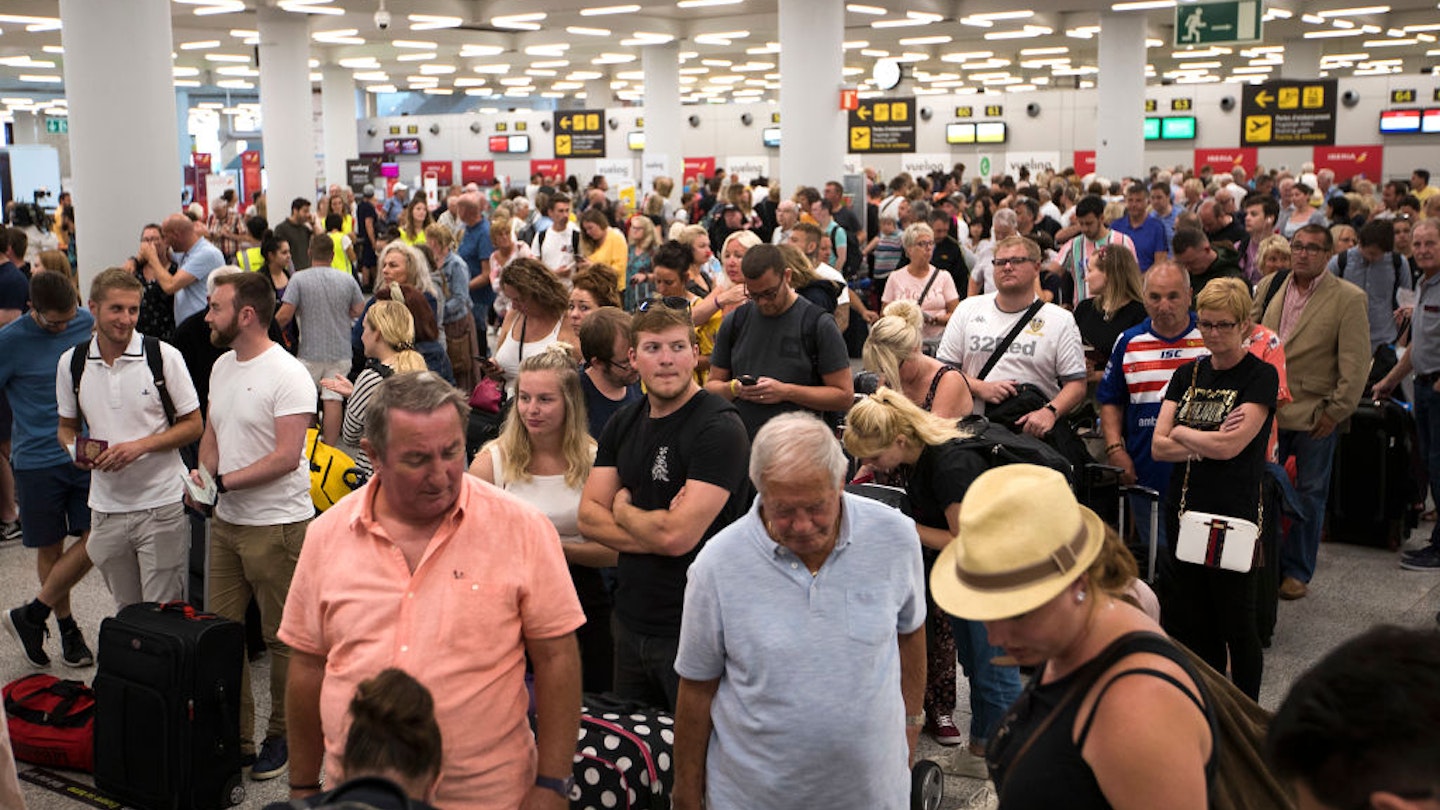The Future of Package Holidays After Thomas Cook’s Collapse
With the collapse of Thomas Cook, many wonder if the traditional European sun-sea-and-sand package holiday is doomed. It’s nearly unimaginable to consider a travel landscape without Thomas Cook, a key player in the package and low-cost tourism industry.
Thousands of Holidaymakers Stranded
This historic company’s disappearance serves as a warning that others may follow suit during turbulent times for the travel sector. Factors such as oil price volatility, ongoing Brexit uncertainty, and the grounding of Boeing 737 MAX aircraft pose significant challenges for upcoming summer schedules.
The European package tour has remained a popular option for decades. For nearly 70 years, families have flocked to bucket-and-spade destinations, young adults have sought lively holidays, and retirees have enjoyed sunny getaways to escape winter. Regulatory reforms in the mid-1950s sparked a boom in sun-seeking travelers from Helsinki to Hartlepool.
What Has Changed for Package Holidays?
The rise of the Internet in the early 2000s dramatically reshaped the travel industry, coinciding with a decline in the appeal of package holidays post the glamorous 1980s and 1990s. The low-cost carrier revolution, spearheaded by airlines such as Ryanair and easyJet, digitized the travel experience, allowing travelers to select from scheduled airlines and package tour operators.
The digital age enabled new players, including dotcoms, to enter the market, offering package tours paired with low-cost airlines. For example, one could book a snowy January getaway from London to Venice via Ryanair, which altered the traditional model and caught legacy tour operators off guard.
Are Travelers Still Going on Package Holidays?
Package holidays remain substantial within the travel industry. Observations at Gran Canaria’s airport indicated that around two-fifths of incoming travelers are part of a package holiday. This is evidenced by the priority given to well-branded coaches at the airport, reinforcing the ongoing importance of such companies to resort areas.
The shift towards personalized, intergenerational group travel has emerged, particularly since platforms like Airbnb gained popularity. Yet, due to ATOL protection for package holidays within the EU, the major collapses of Monarch and Thomas Cook raise questions about the impact on future bookings.
What Is the Future of Package Holidays?
While it appears that package holidays will continue to play a role in future travel, they may evolve significantly. There is a growing demand for authentic experiences; however, many travelers still appreciate the convenience of having everything arranged, particularly for families acting as unofficial travel agents.
Airbnb’s success has led to backlash against the unregulated nature of some tourist hotspots, and reports of late cancellations from hosts have unsettled travelers. Looking ahead, it’s likely that surviving tour operators will adapt by becoming more flexible and specialized. Opportunities exist for innovation, especially regarding package tourism catering to underserved demographics such as LGBTQIA+ travelers, Muslim families seeking privacy, and cost-conscious retirees.
Moreover, options for larger accommodations suitable for intergenerational travel remain limited. Families often need flexibility to accommodate different generations, making this area ripe for development.
Let us raise a glass to Thomas Cook and encourage thoughts for the many dedicated employees facing job uncertainty, along with travelers whose vacations are affected by recent events.
John Walton is an international aviation journalist, follow him @thatjohn.
Ensure you’re prepared for anything related to travel with travel insurance from recommended partners.




